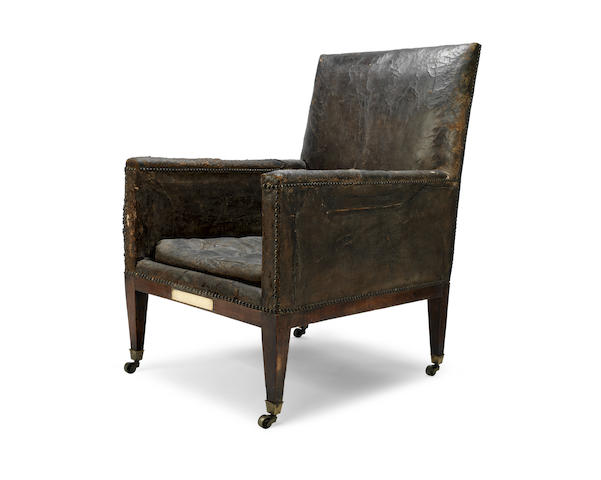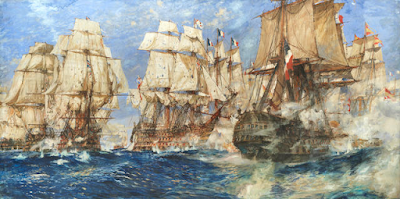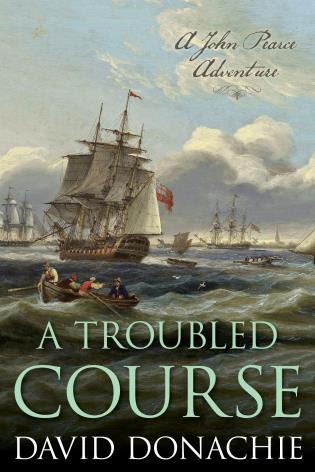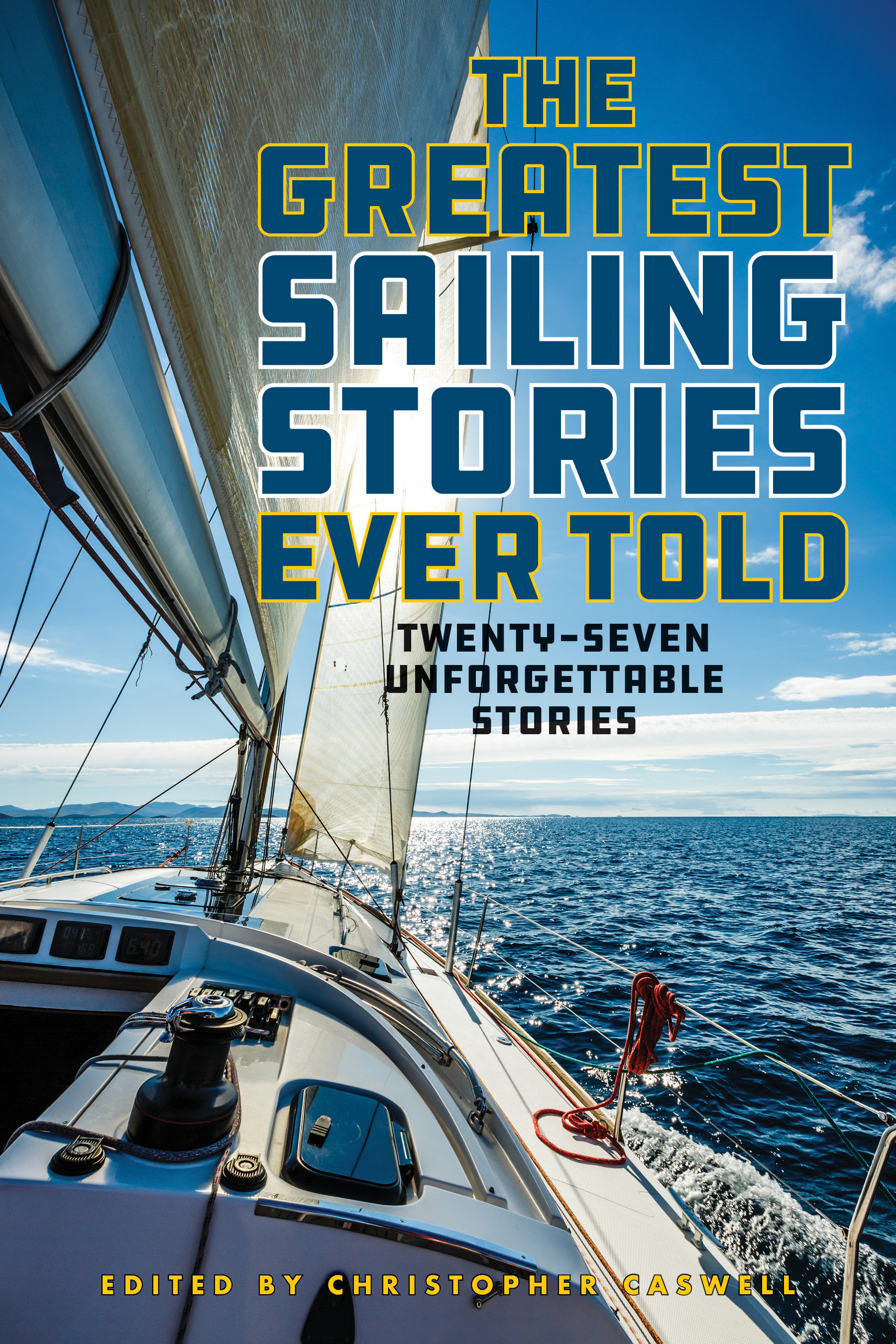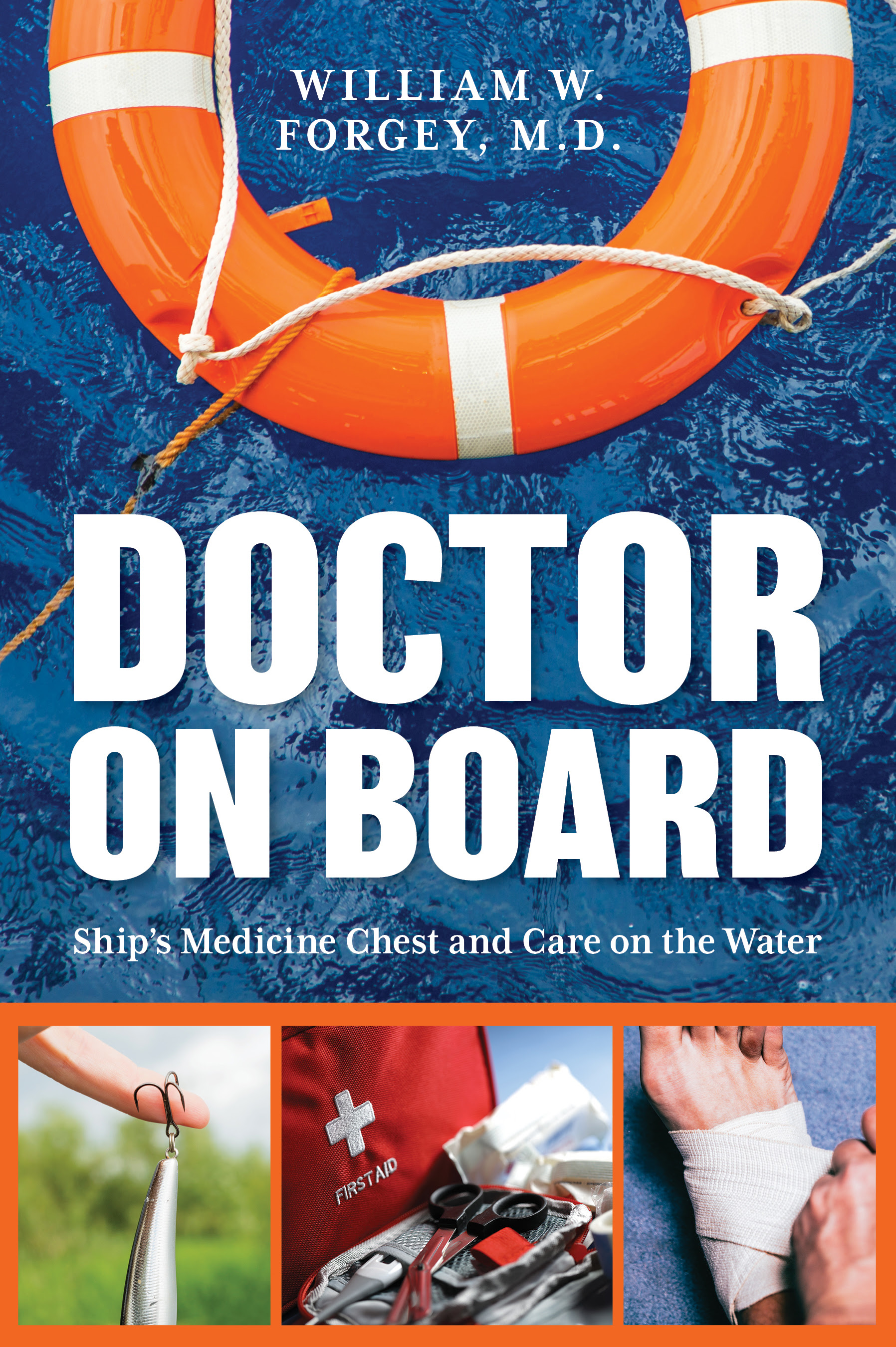THE SWIMMERS
I almost missed this wonderful film, because of the title. Ever since I was forced to watch "Chariots of Fire" with a school party, I have been allergic to sports movies. But then I saw that it told a story of the Middle East, and I was hooked.
It starts in Damascus -- and it must be a rich area of the major Syrian city, because it is so nice. Such fun. The young people, as young people in Arabic countries do, dance wildly instead of getting stupid drunk. Two beautiful young girls, from a loving family.
Dad was a champion swimmer, but his ambitions were foiled when he was forced to do national service, and carry a gun for two years. Those were the days when many young men were stalled in their goals, and certainly not just in Syria. It happened in New Zealand, too. Boys who longed to be chefs were taught how to drive a tank. But enough of that.
To get back to the story, Papa Mardini has focused instead on his two daughters, Yusra and Sara, who are definitely talented. Especially the younger one, 17-year-old Yusra. They were also beautiful. Such wonderful futures lay ahead -- but then Assad staged his civil war, funded by Russia. While the rebels are funded by Western countries, the USA in particular. Such tragedy, for such a mean reason.
But enough of that, too. Yusra and Sara decide to flee to Germany, where they could settle with a friend, and apply to bring over their family. When the swimming pool where Yusra is training is bombed the parents agree that it is the only, though very dangerous, way out. So they gather as much spare cash as they can find, and give it to the two girls.
So this is the story of their journey -- through Turkey to Greece, and then on foot to Germany. Against their father's farewell advice, they accept the offer of a smuggler to get them from a Turkish beach to Lesbos, by boat. And they pay him. Along with more than a dozen other refugees -- from many countries, and with many stories -- they are trucked to the beach, and told to wait. When the boat arrives, it is merely a rubber one with a rickety outboard motor, designed for eight, at the most. They are hassled into getting in -- and then the smuggler drives away, taking their money and leaving them to it.
The motor dies in the middle of the Aegean Sea, and the boat takes on water. There are too many people, the load is too heavy. So the girls, with two others, slip overboard, and tow the boat through the night to Lesbos. The camera work here is amazing. The reaction of the locals when they finally land on the beach is less so. Doors are slammed, windows shut, and there is hostile graffiti on the walls. But they came across an aid camp, and are given clothes, food, water.
And their journey to Germany begins. On foot. Not easy. Another smuggler only half-fufils the bargain. But they get there -- and there is a system in place for registering refugees, and housing them until they are accepted somewhere. The refugee camp was a revelation to me: I had no idea that aircraft hangers were used, or that the system was so clean and efficient. But, of course, life there is boring. Nothing to do but fill in forms and wait, wait, wait. But a miracle happens. Yusra finds an angel named Sven, who is a swimming coach, and is impressed enough to accept her for his team. And so she ends up in the Olympics.
I expected to get bored at this stage, but I must admit that the butterfly race is exciting in the extreme. Kudos to the camera folks and the director. It was hard not to cry with delight.
This is a true story. It really happened. They really did tow the overloaded rubber boat through the Greek Sea. Watch this film, if only for that section. But I guarantee you will love it all.






